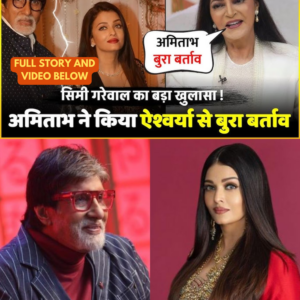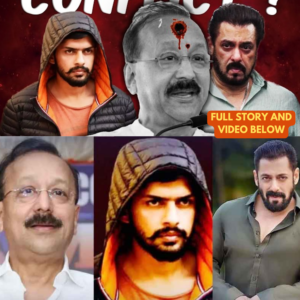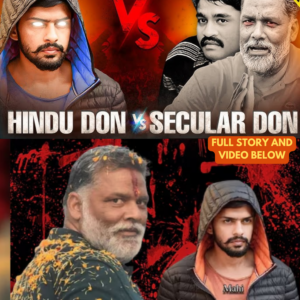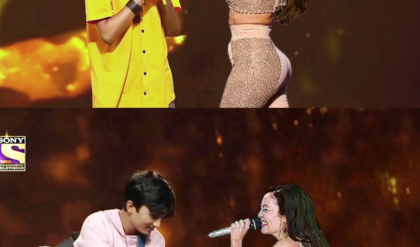The discourse surrounding Lawrence Bishnoi has recently gained traction, with many lauding his actions as a necessary response to crime in India. Supporters argue that he effectively tackles criminal elements, particularly those associated with notorious figures like Dawood Ibrahim. Bishnoi’s reputation has grown, with some labeling him a hero for his supposed efforts to cleanse society of its evils.
In stark contrast, the Bollywood industry is reportedly under siege, with stars like Salman Khan living in fear of potential repercussions. The public discussion raises questions about the safety of celebrities in India, highlighting a climate of anxiety that has become increasingly palpable. This fear is compounded by Bishnoi’s alleged connections to criminal activities and his influence over a vast network of shooters.
Bishnoi’s methods and impact have drawn mixed reactions. Proponents of his actions see him as a protector of national interests, claiming that he holds sway over criminals abroad, particularly in Canada. His supporters believe that his presence serves as a deterrent against those who threaten the fabric of society. This sentiment resonates with many, who view his confrontational approach as a necessary evil in the fight against crime.
The situation has escalated to the point where even comedians, such as Munawar Faruqui, are reportedly affected by the tense atmosphere. Faruqui, known for his provocative humor, now finds himself in a precarious position, indicating that the reach of Bishnoi’s influence extends beyond traditional crime figures to entertainers who challenge societal norms.
Critics, however, express concern over the glorification of a figure like Bishnoi. They argue that celebrating his actions could lead to a dangerous precedent, where violence is seen as an acceptable method of resolving conflicts. The potential for vigilantism looms large, sparking debates about morality and justice in contemporary society.
The narrative surrounding Bishnoi also touches on the idea of celebrity responsibility. Salman Khan, in particular, has been scrutinized for his past actions, with some suggesting that his celebrity status has shielded him from accountability. The implications of this discourse raise questions about the intersection of fame, ethics, and societal expectations.
In addressing this complex issue, public sentiment appears divided. While some support Bishnoi as a necessary force against crime, others call for a reevaluation of what constitutes heroism in society. The challenges posed by figures like Bishnoi highlight the intricate balance between law enforcement and individual actions in the fight against crime.
As the situation unfolds, it remains to be seen how the Bollywood industry and the public will navigate the fears and challenges associated with such figures. The stakes are high, with both the future of the entertainment industry and the broader societal implications hanging in the balance.
In conclusion, Lawrence Bishnoi’s rise as a controversial figure reflects deeper societal issues surrounding crime, celebrity culture, and public perception. The ongoing debates serve as a reminder of the complexities inherent in addressing crime and justice in a rapidly changing world.
News
Amitabh Bachchan behaved badly with his daughter-in-law Aishwarya Rai | Amitabh IGNORE Aishwarya Rai
In recent weeks, a wave of speculation has emerged suggesting that all may not be well between former Miss World Aishwarya Rai and the iconic Bachchan family. This speculation has captured the attention of fans and the media, as rumors…
Amitabh gave a message to daughter-in-law Aishwarya Rai, said “No matter how your house is, it is yours”
Amitabh Bachchan, the iconic figure of Indian cinema, has a longstanding tradition of engaging with his audience through social media. He often shares reflections on his life, career, and personal philosophies. Recently, a particular post of his has stirred significant…
Salman Khan vs Lawrence Bishnoi | Why it is Happening? |
Salman Khan vs Lawrence Bishnoi | Why it is Happening? | The tension between Bollywood superstar Salman Khan and gangster Lawrence Bishnoi has become a hot topic in recent news. This clash is not just a simple feud; it embodies…
Lawrence Bishnoi Vs Pappu Yadav | Bishnoi Targets Anti-India Mafia?
In the ever-evolving landscape of India’s criminal underworld, a new chapter is unfolding, marked by the dramatic confrontation between notorious gangster Lawrence Bishnoi and the infamous Bihar don, Pappu Yadav. This rivalry has escalated recently, with Bishnoi’s gang issuing a…
LAWRENCE BISHNOI VS SALMAN KHAN, PAKISTANI PUBLIC REACTION AFTER NADEEM KHAN VIRAL VIDEO, REAL TV
The recent controversy involving Bollywood superstar Salman Khan and Lawrence Bishnoi has sparked intense discussions across communities, especially concerning allegations of animal cruelty. The speaker, representing a particular community, emphasizes that if there is evidence that Khan has harmed a…
LAWRENCE BISHNOI’S DIWALI GIFT TO PAPU YADAV LIVE, AFTER NADEEM KHAN & SALMAN KHAN, LATEST NEWS
In a recent live discussion, significant attention was drawn to the ongoing tensions surrounding Pappu Yadav and Lawrence Bishnoi, especially in light of recent developments involving prominent figures like Nadeem Khan and Salman Khan. The speaker began by addressing the…
End of content
No more pages to load











